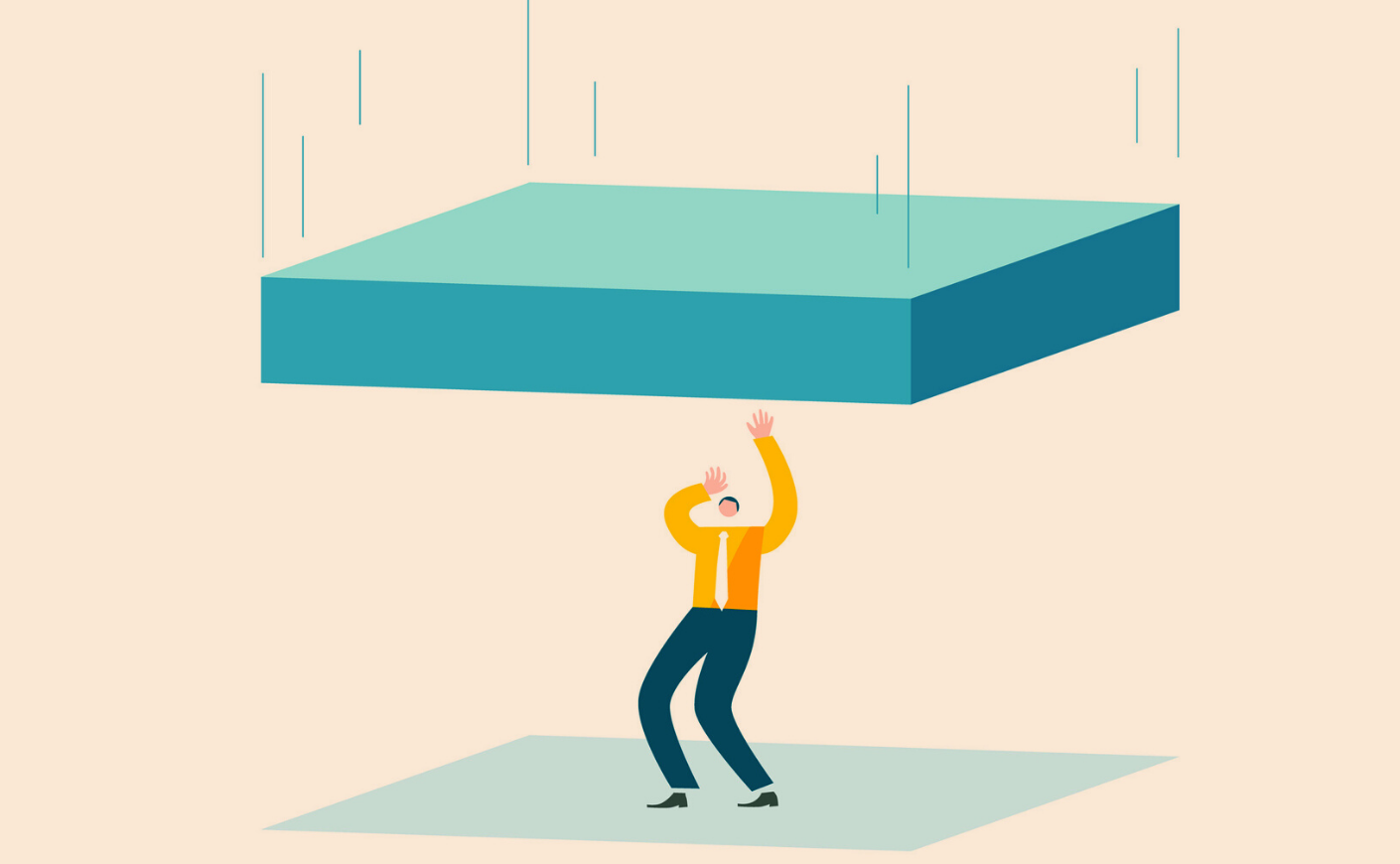I was 12 when I sat down with my father to watch a film called On the Beach. “Is this with Annette and Frankie Avalon?” I asked excitedly. Hardly. By the time I went to bed that night, I was aware of what nuclear war meant, and the nightmares began.
Days later, I kid you not, the Cuban Missile Crisis was underway. While my classmates played obliviously, I hid in the school restroom at the exact time the Russians would either go through the blockade, or turn around. When classes resumed, I figured we were safe.
I come from a politically active family, so my parents did not hide news — good or bad — from us. My dad had been a Japanese interpreter at the end of WWII and saw the repercussions of the new atomic “gadgets” up close. Still, the stresses on a young child can be disturbing and everlasting. I think of that now as I hide under the covers following hours of news repeatedly uttering the words “World War Three.”
Strange times, mixed emotions. I find myself simultaneously glad that my father — who spent the last years of his life spearheading anti-nuclear causes — is not alive to see his worst fear happening. And yet sorry he can’t witness the resolve of his homeland. He was born and raised in Ukraine, escaping as a Jew at the age of eight. I also simultaneously wish our offspring would give us grandchildren and yet pray they don’t bring kids into a world of climate change, privacy and hacking issues, gun violence, and rampant homelessness.
Before my innocence was lost, the “P’s” I worried about were pimples, periods, and popularity. My first play was about a best friend stolen by the new clique on campus. Childhood traumas may stay buried inside, but they rarely die. Which makes me wonder how the current trio of “P’s” — partisanship, pandemic and Putin — will impact generations of kids. They are spending pivotal years in masks that have nothing to do with Halloween, with families arguing over politics and whether to put needles in arms, and now, with a television war that is filled with image of fleeing families and nuclear reactors being targeted.
I visited Russia three years ago, and even then, saw families divided over their feelings on economic security versus personal freedoms. On my last night in Moscow, I saw a play done by the country’s most politically radical company. (They were happy to offer an American reporter a seat.) It was a brutally honest look at what was going on in the country’s not-too-distant history. I asked if I might interview the company’s director, but was informed he was under house arrest. (Where he remained for almost two years.) And we wonder why so many there are scared to speak up or say no?
The cumulative stress on all breathing humans these last two years is momentous, but especially heartbreaking for those with more years ahead. Most troubling is a sense of hopelessness sinking in. Personally, I question the point of writing postcards to potential voters, or even sending a check to Ukraine resistance. Yet I likely will do both, in the hope that young generations won’t be hiding in school bathrooms in fear of the next explosion.
Willens is the author of the essay collection From Mousketeers to Menopause, available now.









